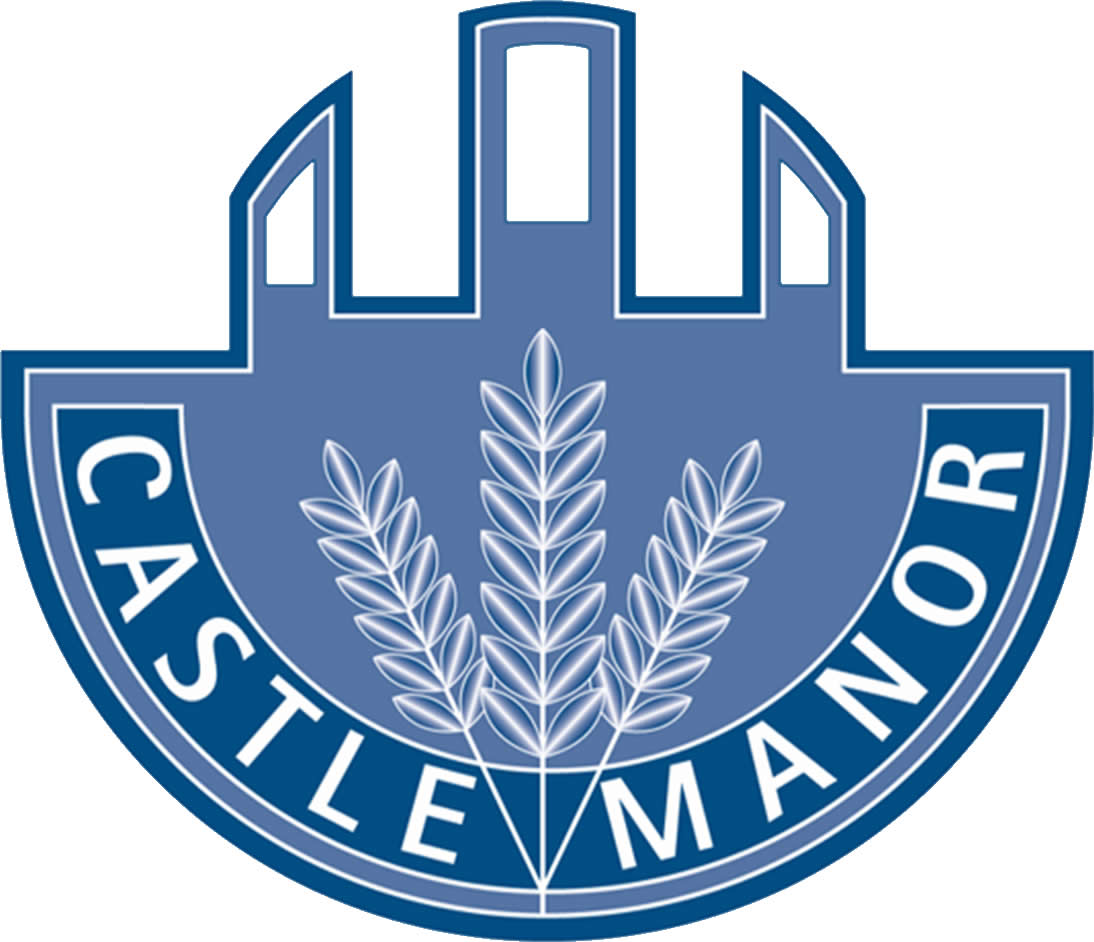Welcome to History!
The purpose of the study of history is to develop students’ sense of identity, understand their place in the world, how and why the world and society has changed and the different experiences of a variety of people in the past, giving students the ability to navigate the global society they will find themselves in. Through the study of history, students will develop a tolerance and a world view that will provide a foundation not just for their historical study but also for their wider lives. We will ensure students finish KS3 with a broad knowledge of both local, national and worldwide events of historical significance.
Through the history curriculum, students will develop certain skills, such as being able to understand where the perspective in a source may come from, how this affects what is being presented and why this is important. As well as being a key historical skill, in today’s world this is also a crucial life skill to possess as the population needs to think critically about any information they are presented with. Large parts of our curriculum will be based upon academic historians work and using both this and contemporary evidence, students will work hard to research, collate and interrogate evidence to form a reasoned and sustained argument. Not only is this crucial for GCSE History, should they choose to take it, but it is important in all walks of life in both professional and personal capacities.
In Year 9 history, students will delve into the tumultuous events of the 20th century, exploring significant historical movements and their impact on societies worldwide. Through a thematic approach, students will examine the struggles for rights, the devastation of war, and the rise of ideologies that reshaped the global landscape.
Key Topics
1. British Suffrage Movement: Students will investigate the evolution of suffrage in Britain, analysing the struggles, strategies, and key figures involved in securing voting rights for women.
2. World War One: Delving into the complexities of the First World War, students will explore the diverse nature of fighting, including trench warfare, technological advancements, and the socio-political ramifications of the conflict.
3. Russian Revolution: Through the lens of the Russian Revolution, students will examine the overthrow of the Tsarist regime, the rise of Bolshevik power, and the establishment of the Soviet Union, evaluating the revolution’s long-term impact on global politics.
4. Rise of Fascism: Students will investigate the socio-economic conditions that led to the rise of fascist movements in Europe, focusing on Italy and Germany. They will analyze the ideologies, propaganda, and methods employed by fascist leaders to gain and maintain control.
5. World War Two: Building upon their understanding of the First World War, students will explore the World War Two with the focus being on the Home Front, looking at how the achievements and efforts of those at home helped to bring about victory for the Allies.
6. The Holocaust: Through a sensitive and reflective approach, students will examine the systematic persecution and genocide of millions of Jews and other marginalized groups during the Holocaust. They will explore the historical context, Nazi ideology, and the moral implications of indifference and resistance.
7. British Civil Rights: Finally, students will explore the struggle for civil rights in Britain, focusing on movements for racial equality, gender rights, and social justice. They will analyse key events, activists, and legislative changes that shaped the trajectory of British society
Our Staff
- Ms Jones
- Miss Byrne
